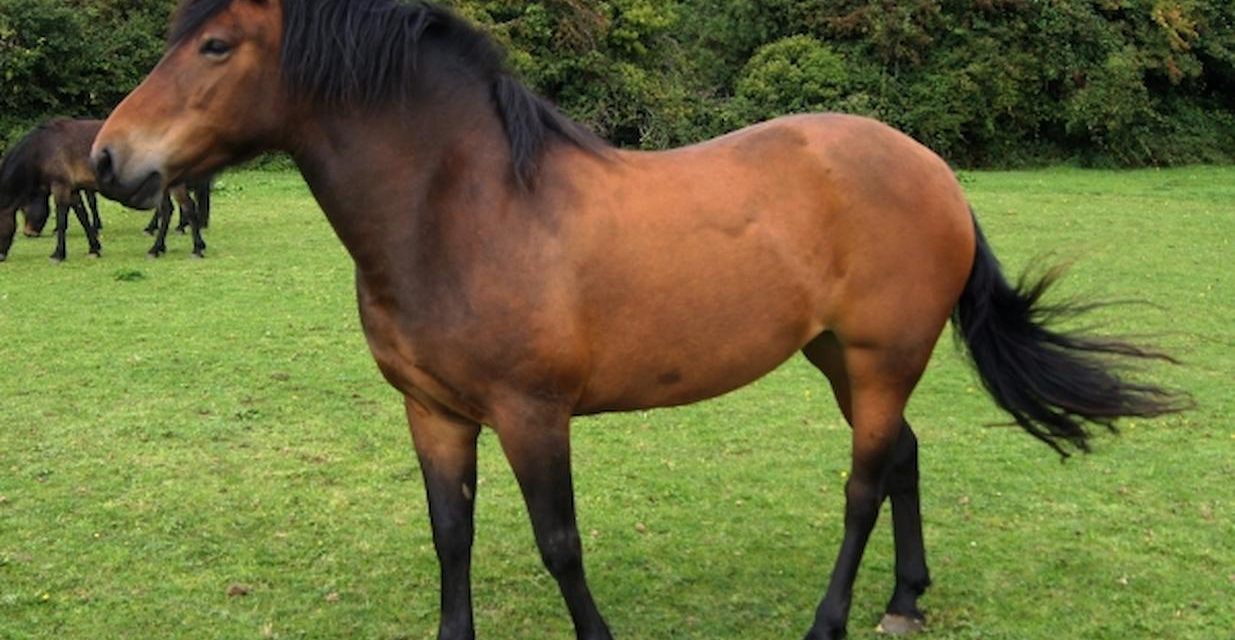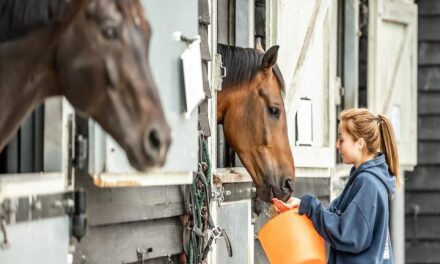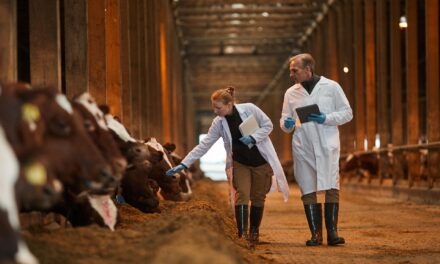
Life As An Equine Vet – Keeping Your Horse Healthy

As a crucial part of keeping your horses healthy and well-looked after, having the support and expertise of a qualified veterinarian to rely on cannot be understated. In the same way we rely on doctors to diagnose problems and recommend treatments, ensure we keep our bodies running like clockwork, an an equine vet has the same expectation and responsibilitiesy when looking after a horse’s health. So, what does it take to become an equine veterinarian and what does their daily life entail?
Equine Vet Training
There are currently 28,900 veterinarians employed in the UK, with veterinary medicine regulated by the Royal College of Veterinary Surgeons (RCVS). A smaller percentage of these qualified vets specialise in equine health, with the British Equine Veterinary Association (BEVA) having a community of approximately 3,000 equine vets. There are 10 universities across the UK where those looking to train as a veterinarian can study, including the Royal Veterinary College at the University of London. Studies are arguably even more demanding than for those studying to become doctors as they only have to learn how to treat one species – a human! Those training to be a vet study all species and then go on to specialise once qualified. Students require a good science background, including biology for example, at both GCSE and A-Level.
As well as formal education, during a 5-year degree, work experience is an essential part of the curriculum. Experiencing the life of working alongside large animals is vital, so vet students will undertake placements within a veterinary practice.
What to expect when working as an Equine Veterinarian Duties
As an animal practitioner, an equine vet is qualified and licensed to help and treat horses in particular. Whether a horse is used for work purposes such as farming, or for competition in national races, they specialise in the health management of all types of horse.
The different requirements of each type of horse mean a vet will work closely alongside owners responding to them, adjusting to the particular needs of their diet and the individual’s lifestyle. From ensuring they have a healthy and balanced diet through nutritious horse food, to administering routine care such as vaccinations or dental inspections to checking their physical condition and ensuring the horse is of a correct weight through exams and evaluations, an equine vet is responsible for reviewing a horses’ overall health and administering medical treatment if required. A vet may have to raise the sensitive subject of obesity and the associated risks such as laminitis which horse owners don’t always want to hear about. A simple change of horse food may be all that is required to avoid a potentially fatal disease but it can be difficult to persuade horse owners to take action – vets have to have social skills as well as being able to work with animals!
The environments and situations an equine vet can find themselves in can vary day to day. Whilst they could be performing routine vaccinations and blood work one day on a farm location, they could be providing a pre-purchase assessment for a potential horse owner the next. within racecourse stables. The varied nature of the job means an equine vet can be kept particularly busy and work often extends outside of the normal five day week structure, especially if called upon for emergency hours.
In general, an equine vet will see many different cases that can range from lameness to illness. A big part of their duties is being able to diagnose issues accurately, such as laminitis or ulcers that can be seriously debilitating. Some of the most common health problems they will see are gastric ulcers which can be caused by stress and will affect a horse’s appetite, laminitis where the soft tissue of the hoof becomes inflamed and can be linked to poor diet, and also desmitis which causes lameness trough inflammation of ligaments. Without an equine vet checking and treating for these symptoms, this can lead to long-term discomfort and even death
As the life of an equine vet can be extremely hard work, the training and experience that goes into the profession ensures that the UK has access to talented and qualified individuals. As all horse owners know, having a trusted equine vet can ensure a long, happy life for your horse.











